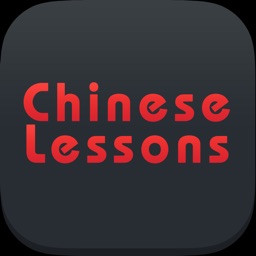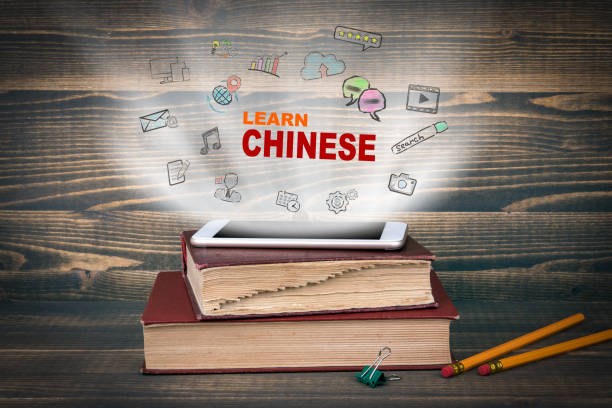This bite-sized story centers around a rather dim-witted man from the State of Zheng (郑国 – zhèng guó),an ancient kingdom that no longer exists, who tries to buy a pair of shoes.
Some language stuff
There’s very little here to call out that’s particularly difficult, except maybe the way the word 散 sàn is used. 散 means to “scatter” or “dissipate”. In this case, it’s being used to describe a market (集市 – jí shì). How can a market dissipate? The word 集市 specifically refers to the kind of market where lots of different vendors come to sell their wares, not a market like a grocery store owned by one company. So, when the market “scatters”, it means that all vendors left. In the translation, I translate this as “the market was closed”.
One intermediate grammar word is 宁可 nìng kě – rather. As in, “I would rather do A than B.”
If you’re interested in examining the classical version at all, you’ll notice that ancient Chinese is extremely condensed. Words that are made up of two characters in modern Chinese are made up of only one in ancient Chinese. But this story is great for taking a quick look at classical vocabulary, because there are quite a few words you can simply substitute for the more modern version, including:
曰 yuē is the ancient 说 shuō, “said / say”. That characters looks like 日 rì, “sun”, but it’s wider and the line across it doesn’t touch the other side of the character.
履 lǚ is the ancient 鞋 xié (shoes).
吾 wú is one of the ways to say 我 wǒ (me, my, I, we, us) in ancient Chinese.
之 zhī has a lot of meanings in ancient Chinese, but here it is the ancient 它 or 它们 (it / them).
其 qí also has a several meanings in ancient Chinese, but here it is the ancient 他 tā or 他们 tā men (him / his / they / theirs).
乃 nǎi is the ancient 就 jiù (thus, and so).
Cool, huh?
Want something easier?
Du Chinese has a big catalog of easy HSK 1 and HSK 2 texts for ultra-beginners. There are quite a few free practice lessons, but CRP readers get 10% off on paid accounts using the discount code CRP10.
郑人买履
Modern version:
从前有一个郑国人,想去买一双新鞋子,于是事先量了自己的脚的尺码,然后把量好的尺码放在自己的座位上。到了集市,却忘了带上尺码。挑好了鞋子,才发现:“我忘了带尺码。”就返回家中拿尺码。等到他返回集市的时候,集市已经散了,他最终没有买到鞋子。
有人问:“你为什么不直接用自己的脚去试鞋子?”
他回答说:“我宁可相信量好的尺码,也不相信自己的脚。”
Classical version:
郑人有欲买履者,先自度其足,而置之其坐。至之市,而忘操之。已得履,乃曰:“吾忘持度!”反归取之。及反,市罢,遂不得履。
人曰:“何不试之以足? ”
曰:“宁信度,无自信也。”




